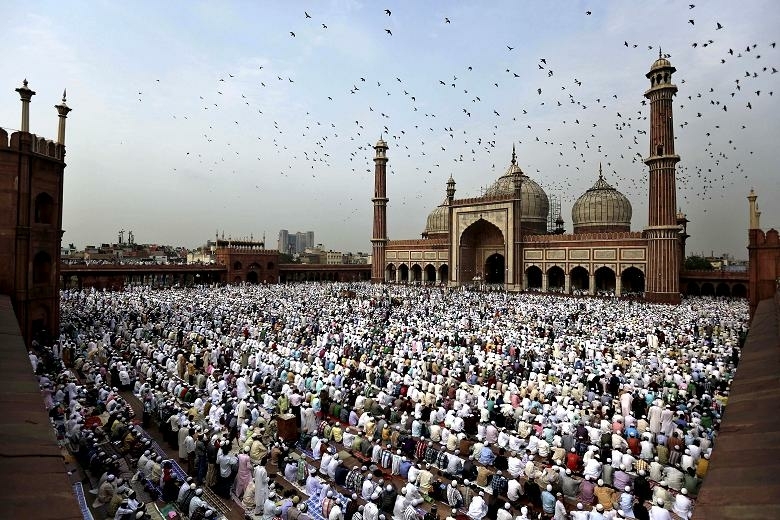What Is the Meaning Of “Prayer” (Salat) in Arabic and in Islam?
Hanafi FiqhShafi'i Fiqh
Answered by Ustadh Shuaib Ally
Question: Assalamu aleykum,
What is the meaning of Prayer (Salat)?
Answer:Assalamu alaikum wa rahmatullahi wa barakatuh,
I pray that you are in the best of health and faith, insha’Allah.
Introduction
The word ‘Salat’ carries closely related but different meanings, and therefore doesn’t have a single clean English equivalent. Although usually accurately rendered as ‘prayer,’ it can sometimes refer to something else, largely determined by context and the actor.
Generally speaking, prayer (salat) from Allah to His servants carries meanings of sending blessings to them, mercy, forgiveness, praise and veneration. For example, “those are the ones upon whom are blessings (salawat) from their Lord, and mercy” (2:157).
From angels, it tends to mean seeking forgiveness for people (33:57). From people, it usually refers to supplication and worship.
The meaning of Prayer (Salat) in the Arabic language
Prayer (Salat) originally carries the meaning of either:
a. Supplication (du’a); when the Qur’an commands ‘and pray for them; your prayer is a source of peace for them’ (9:103), it means to supplicate for them. In a narration recorded by Muslim, the Prophet (peace be upon him) is reported as saying, “when one of you is invited to participate in a meal, he should accept; if he is fasting, he should supplicate for them (falyusalli).”
b.Veneration, or mercy and blessing; the narration “O Allah, bless and have mercy on (salli ‘ala) the family of Abu Awfa” is a prayer for Allah to have mercy on andbless that family; the verse “Allah and the angels pray for [yusalluna] the Prophet” (33:57) carries the meaning of praise and veneration (see below).
The meaning of Salat as Prayer
The generally recognized act of worship that contains bowing and prostrating is called ‘salat’ because major parts of it contain acts of supplicating, the original meaning of the word. The vast majority of Qur’anic usage of ‘salat’ is of this kind. It is also argued that salat derives from veneration (the second possibility listed above); prayer is thus called because it contains the veneration of God.
The meaning of Salat as Blessings upon the Prophet (peace and blessings be upon him)
In the tashahhud (the sitting portion during prayer), “al-salawatu lillahi” (prayers belong to Allah) means that all of the supplications meant to venerate God are only for Him, none else being deserving of it.
Going on to say “Allahumma salli ‘ala Muhammad” is a request to Allah to venerate him in this world by having him mentioned in a praiseworthy manner, spreading his message, and rendering his law lasting. It is also a prayer to allow him to intercede on behalf of his community in the afterlife, and to have his reward multiplied.
Ibn al-Athir says that it could also be that when Allah commanded that salat should be sent to the Prophet (peace be upon him), we recognized our inability to do so in a manner commensurate to his worth, and thus asked Allah himself to fulfil that function on our behalf.
The meaning of Salawat as Places of Worship (Synagogues)
The general rule of Qur’anic usage of ‘salat’ is that it refers to worship or mercy. The verse wa salawatun wa masajid (22:40) is an exception to this. The salawat here refers to Jewish places of worship, not the act itself. Some hold that this is because the word itself means a place of worship; others hold that there is a deliberate ellipsis in the verse, and it means places of prayer, not prayer itself.
Sources: al-Misbah al-Munir; Mu’jam Maqayis al-Lugha; Mufradat Alfadh al-Qur’an; ‘Umdat al-Huffadh; al-Nihaya fi Gharib al-Hadith; al-Kulliyat
Shuaib Ally
Checked & Approved by Shaykh Faraz Rabbani
